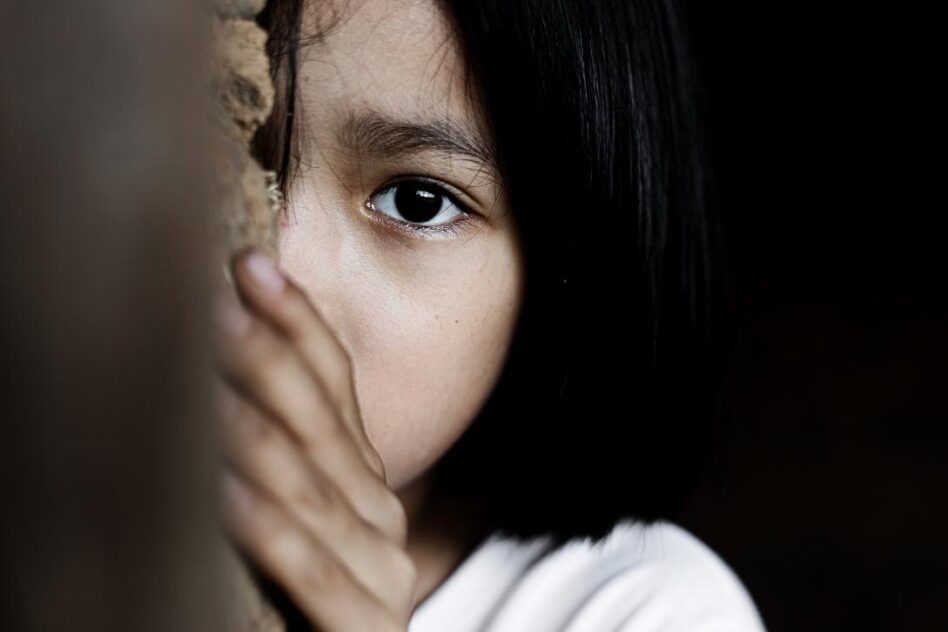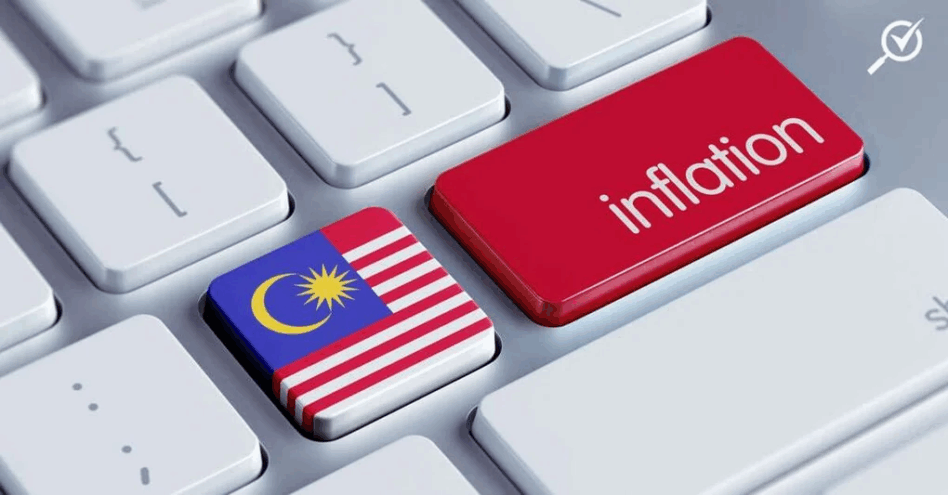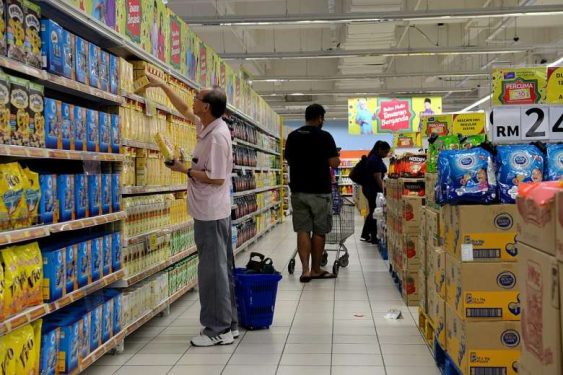ON Wednesday (April 19). Health director-general (DG) Tan Sri Dr Noor Hisham Abdullah clocked out for the last time at the Health Ministry at around 4.20pm after 35 years’ service.
He is best remembered for his almost daily appearances at the height of the COVID-19 divulging daily cases live on TV instead of then health minster Datuk Seri Dr Adham Baba.
Dr Noor Hisham would be named by China Global TV Network (CGTN) as one of the world’s top doctors fighting the coronavirus alongside US’ former National Institute of Allergy and Infectious Diseases director Anthony Fauci and former New Zealand’s Health Ministry’s CEO Ashley Bloomfield.
Moreover, he is also said to be under consideration to become secretary-general of the World Health Organization (WHO).
However, there are dark sides to his legacy, not least the shambolic condition of the agency he headed with many in public healthcare describing it as a ‘toxic’ system whose deficient leadership has resulted in staff shortages and over-worked and under-paid professionals and support staff throughout the nation.
Underfunding, the product of a lack of leadership in constructing adequate budget requests, has resulted in chronic bed shortages, a lack of specialists in many areas, insufficient equipment, and poor emergency response times.
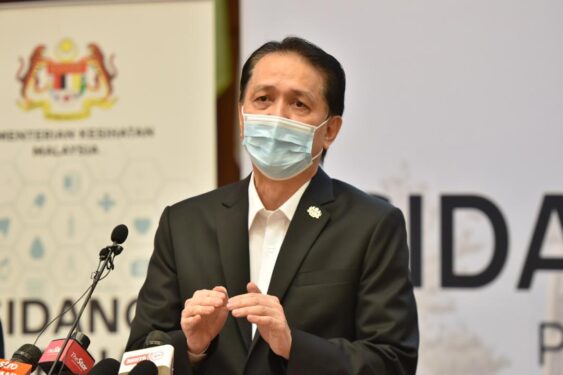
The former Health DG has also been the subject of criticism over his overtly political posture, including providing support during the 2018 general election campaign for the deeply corrupt Barisan Nasional (BN) and its then-leader, the now-jailed former premier Datuk Seri Najib Razak.
The main page of the ministry’s official website promoted the Barisan Nasional, which then was regarded as indelibly corrupt. Datuk Farida Ariffin, a spokesperson for the reform NGO (non-governmental organisation) G25 which comprised eminent former civil servants charged that Noor Hisham was never an advocate of fixing the crisis and accused him of abusing his DG position.
BERSIH 2.0, another reform NGO, also criticised him for ignoring public service regulations, and named him to BERSIH’s “Hall of Shame” alongside Najib. Nonetheless, adroit at public relations, he has survived handily to become the face of public health.
Mishandling COVID-19
Undoubtedly, his professional demeanour on television belies his actual administration of the COVID-19 crisis. There were questions whether the DG who is a surgeon by training rather than a public health expert had the expertise to make decisions unilaterally without expert advice.
Given unprecedented control over managing the pandemic, he launched movement control orders (MCOs) and draconian lockdowns without vital economic public relief for locked-up citizens which critics say drove the economy into the ground.
People famously relied on charity to feed themselves, many famously tying white flags outside their homes to indicate distress.
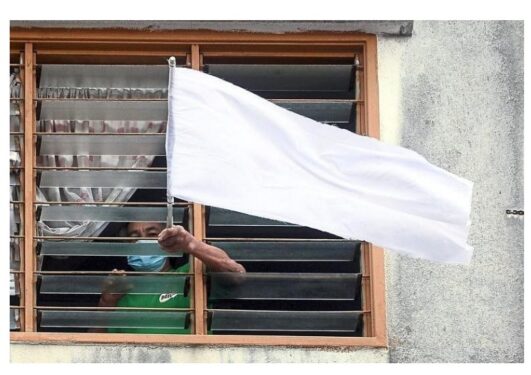
Suicide and family abuse rates skyrocketed with the incidence of other diseases now on the rise due to people not being able to seek medical care during the lockdowns. His management of the COVID-19 crisis left Malaysia with a respectable record.
The crisis ended with 5.6 million cases and 37,000 deaths which works out to 11,117 deaths per million people which is only a third of the deaths in many industrialised nations, including the US which suffered about three times as many deaths per million people.
But the scientific rationale for the lockdowns was never released. Critics say Noor Hisham didn’t order the lockdowns based on any reliable medical or research studies, data or proof that these measures actually worked.
He actually ignored the advice of experts in the field who advised against such measures, including 14 former presidents of the Malaysian Medical Association (MMA) who urged a winding back of the MCOs, which were also ignored.
Even after the then prime minister (PM) Tan Sri Muhyiddin Yassin announced on national TV that the lockdowns would be wound back, Noor Hisham publicly contradicted him, disagreeing on the decision.
Economic catastrophe
According to government statistics, we are now seeing the collateral damage resulting from the MCOs which include growing poverty and business bankruptcies.
The number of households in abject poverty rose from 27,158 in 2019 to 136,000 in 2022. And, with COVID-19 relief packages amounting to over RM600 bil over the past three years, public debt rose to 61.3% of GDP (gross domestic product) as of end-September 2022.
Money supply increased by 25% over the pandemic, resulting in a leap in inflation, particularly hitting the food sector hard. Malaysians are still suffering financially from decisions the MOH forced upon the nation.
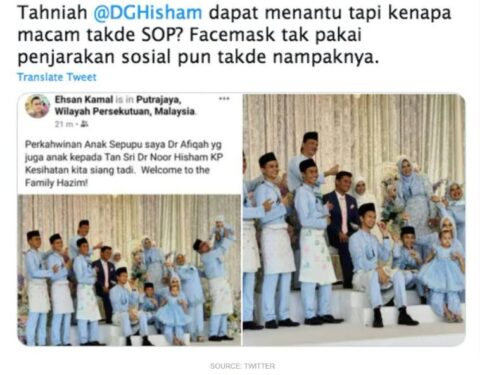
The Malaysian government is in very high debt because of the necessary financial relief due to the MCO. This will reflect in budgetary policy in years to come as future government will have to repay the debt.
With regard to COVID-19, there are also concerns over Noor Hisham’s public austerity and his private carelessness. Photographs were circulated online on March 21, 2021 showing the former DG breaking his own standard operating procedures (SOPS) at a party with other family members standing close together without masks at a wedding reception for his daughter Khairin Afiqah. – April 20, 2023
Australia-born Murray Hunter has been involved in Asia-Pacific business for the last 40 years as an entrepreneur, consultant, academic and researcher. He was previously an associate professor at the Universiti Malaya Perlis.
The views expressed are solely of the author and do not necessarily reflect those of Focus Malaysia.
Main pic credit: Bernama




